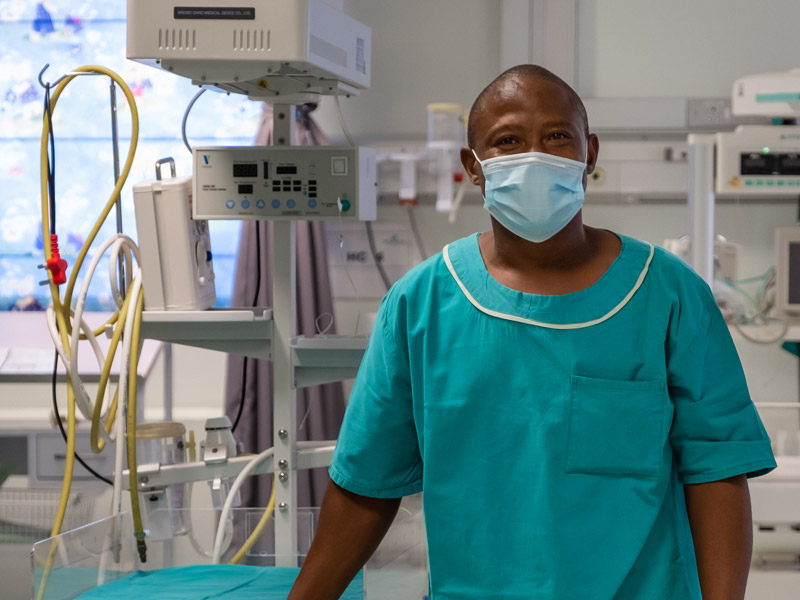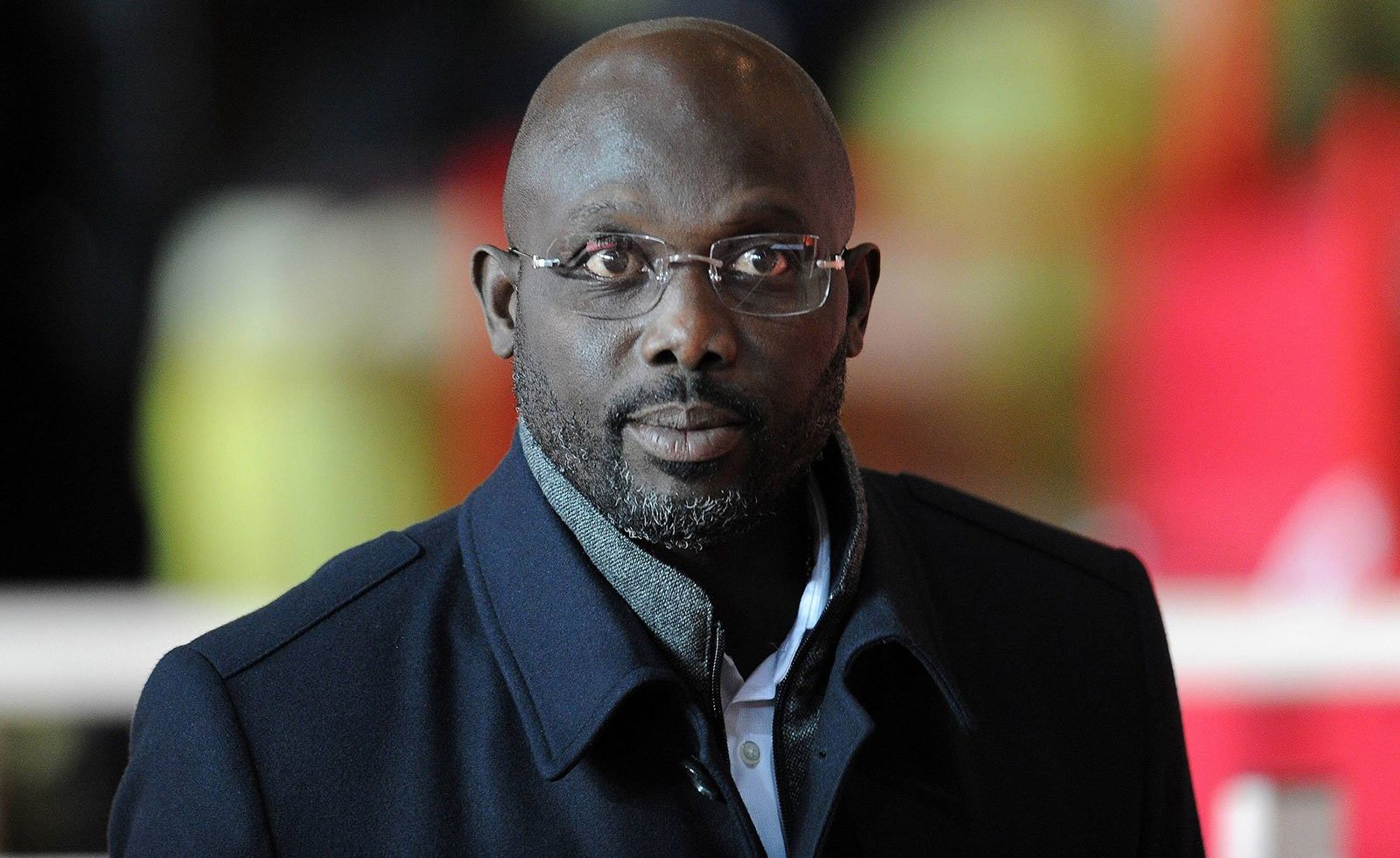Everyone and indeed every nation appreciates democratic leadership because of the representative opportunities it gives to citizens.
Amidst the many nascent democracies on the African continent and the strive for perfection, one country that stands out in terms of its democratic nature is Senegal.
On the continental stage, Senegal is one of the most stable democracies in Africa just as it is considered an exception in the West African region due to its ability to maintain stability despite the region being plagued with civil wars, ethnic conflicts and military coups.
The country holds regular free and fair elections and has successfully experienced two peaceful political changes since independence with a vibrant civil society and a population which is protective of its democratic achievements.
Even the political activities in Senegal take place within the framework of a presidential democratic republic. The President of Senegal is the head of state and government and executive powers are concentrated in the president’s hands while legislative power is technically vested in both the executive and the parliament.
In like manner, there is also the Judiciary which is formally independent of the executive and the legislature but sometimes still falls under undue control of the executive.
The 165 Members of Senegal’s National Assembly are elected to five-year terms
with 105 elected in single-member districts, and 60 by proportional representation while the president appoints the Constitutional Council, the Court of Appeal, and the Council of State.
Unlike many other African countries, Senegal has never experienced revolution or a military coup and is seen as significant for Africa because it serves as an example that changes the African narrative that no form of stability can be achieved on the continent.
This is not to say there haven’t been protests and agitations, but they have been carried out in the ambience of democratic rules.
The country has over the years demonstrated maturity in its struggle for democracy and has proved to be an example for other nations despite all the roadblocks.
The stability of democracy in Senegal dates back to its independence from France in 1960 when there was a peaceful and democratic transition from its colonial master.
Then Senegal’s first president, Leopold Sedar Senghor established a solid democratic foundation and the country had free elections, a peaceful transition of power as well as a civilian rule.
Hence, the evolution of democracy in Senegal can be traced through the history of the major national elections because over time the country has had transparent elections which have tested and proven the maturity of the democracy.
This was exemplified in 2012 when after a run-off presidential election, the then Presidential aspirant, Macky Sall defeated the then incumbent President, Abdoulaye Wade, who despite his ambition for a third term and rumoured plans to hand over to his son conceded defeat.
The victory of Sall and the conceding by Wade took Senegal’s democracy to another level of maturity raising hopes of fortifying the country’s democratic systems of checks and balances.
This development further stabilised the country’s democracy portraying it as a functioning democracy, an act which got the country recognition from across the world as it came at a time when many countries across Africa were having issues pulling off credible elections or sustaining their civilian rule.
As a result of its democratic stability, the West African country has over the years enjoyed relative independent media and free expression and has been recognised as a citadel of press freedom in West Africa such that it ranked high in the press freedom ranking by Reporters Without Borders(RBF) until recently when it dropped from 7th position to 13th on the continent and from 49th to 73rd globally based on outlook monitored in 2021.
Senegal’s remarkable democratic stability can be traced to the strong leadership of its first president, Senghor and its early history as a one-party state, though there was no formal prohibition of political pluralism.
One other thing that keeps working for the country in strengthening its democratic disposition is the influence of the dominance of one religion in the country. Senegal is an Islamic country with 94% of its citizens Muslims with brotherhoods that have much influence on their activities.
Aside from its religious dynamics, the relatively high rate of citizens’ participation in elections underlines the secured position of democracy in the Senegalese society.
Senegal also has a long history of fostering global intellectual, diplomatic, and financial connections which have all led to its exceptional stability.
The democratic stability has over the years also been sustained through democratic institutions which are constantly being changed.
For instance, a Senate was established in 1999, but abolished in 2001, re-established in 2007 but abolished again in 2012.
The post of the prime minister has also suffered a similar fate as it was abolished after the 2019 election only to be re-established on the 17th of September with the appointment of Amadou Ba as the new Prime Minister.
The Senegalese democracy is however far from perfect as it has been marred by some anomalies which have called for concerns and are casting a shadow on its stability.
One of such irregularities is the stifling of opposition voices in the political terrain since independence. This act which predates the current administration has been done sometimes through politically motivated prosecutions of opposition leaders and changes to the electoral laws to reduce competitiveness.
For instance, in the just concluded parliamentary elections, Senegalese opposition MPs including Déthié Fall of the Yewwi Askan Wi coalition were barred from contesting.
Also back in the days of its first democratic president, Léopold Sédar Senghor, ruled with a tight grip from independence in 1960 to 1980, outlawing rival political parties.
After that came the era of Abdou Diouf who though held unto power for another twenty years, helped Senegal to become more democratic.
Though the ban on opposition parties is no longer as severe as obtained in the past especially like in the Senghor days, other means have been devised to stifle their voices by the ruling class.
Recently, there have been several protests against some policies and laws by the incumbent President Macky Sally whose actions and inactions since his re-election in 2019 have been met with various protests across the country due to his focus on self-aggrandisement.
Prominent among issues of electoral laws most Senegalese believe will threaten the country’s democracy passed under the Sall administration is the ” counterterror laws,” passed in June 2021 which right groups and civil societies warned could indiscriminately punish political speech and peaceful protest as ‘terrorist acts, as well as target union leaders, and dangerously expand police surveillance power.
Other ongoing challenges casting shadows on the Senegalese democracy include corruption in government and the weak rule of law.
While these challenges remain matters of concern for Africa and the world at large, it does not take away the fact that Senegal remains a beacon of hope for the continent in terms of democracy.
It only behoves the Senegalese authorities to take stringent measures toward ensuring that equal participation and representation, justice and good reforms are put in place to meet the democratic yearnings of the people to ensure the sustainability of the continent’s most stable democracy which is the pride of all Senegalese citizens.


